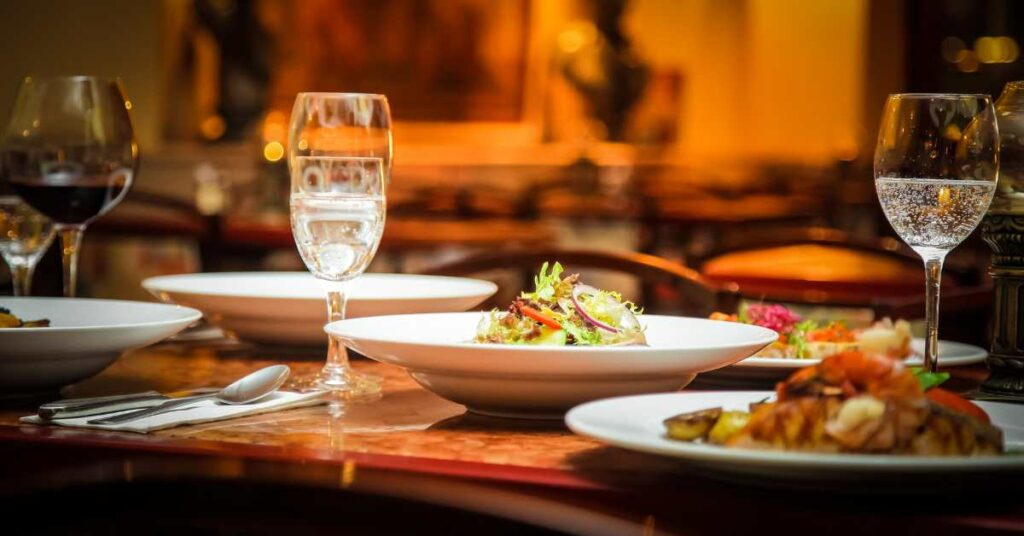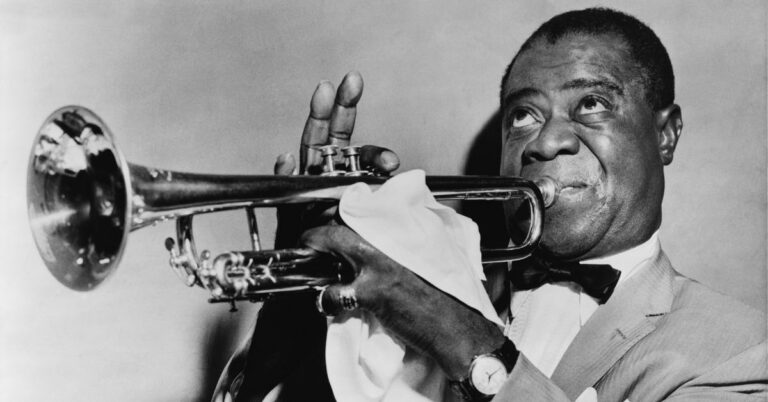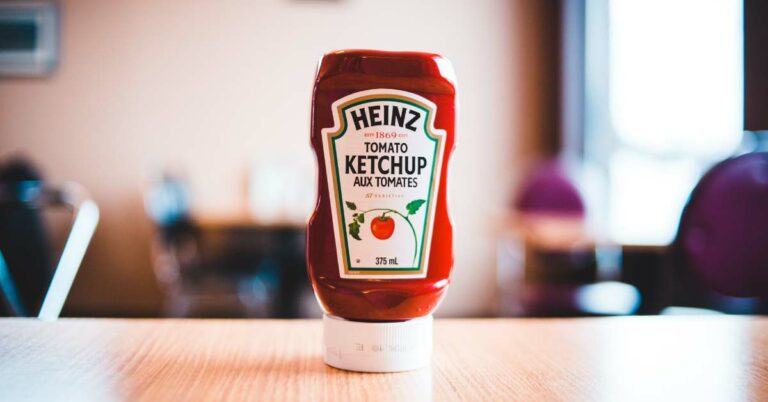Language is a portal to history, revealing the stories of human experiences and cultural shifts. One word that offers a tantalizing journey through time and tastes is “restaurant.” This term, now synonymous with dining establishments, carries within it a tale of culinary innovation, societal changes, and the evolution of fine dining.
An Appetizing Prelude: The Birth of “Restaurant”
The word “restaurant” has its roots in 16th-century France, where it was first introduced as a term to describe a specific kind of broth that was touted for its restorative qualities. The original French term, “restaurer,” translates to “to restore” or “to refresh.” The notion behind this early usage was to provide nourishing and rejuvenating fare to patrons seeking a meal that would invigorate their health.
Revolution in Culinary Culture: The Parisian Connection
The transformation of “restaurant” from a nourishing broth to a full-fledged dining experience took place in 18th-century Paris. During this era, the French culinary landscape was undergoing a seismic shift. Traditional guilds controlling food production were dismantled, allowing for greater experimentation in cooking and dining. Culinary entrepreneurs seized the opportunity, setting up establishments that offered an array of dishes for patrons to choose from.
Boulanger and the Birth of the Restaurant Concept
One individual who played a pivotal role in shaping the modern meaning of “restaurant” was Parisian chef A. Boulanger. In 1765, he established what is considered one of the earliest true “restaurants,” a place that not only served nourishing broths but a variety of dishes designed to satisfy diverse tastes. Boulanger’s establishment became known as a place where customers could “restore” themselves not just physically but gastronomically.
From Refinement to Revolution: The Evolution of Fine Dining
The concept introduced by Boulanger spread rapidly throughout Paris and beyond. The term “restaurant” became synonymous with establishments offering menus of choices, where patrons could select dishes to suit their preferences. This was a marked departure from the fixed meals commonly served in inns and taverns at the time. As dining evolved into a more personalized and refined experience, so did the term “restaurant.”
Cultural Crossing: The Journey to Global Usage
The 19th century saw the term “restaurant” travel across borders and languages. The concept of offering a variety of dishes for patrons to choose from resonated with cultures around the world. The word “restaurant” was adopted into different languages with minor variations, reflecting the universal appeal of the culinary innovation that had originated in France.
A Taste of Modernity: “Restaurant” in the Contemporary World
Today, the term “restaurant” has become an integral part of our daily vocabulary, conjuring images of culinary exploration and delight. It encapsulates the essence of choice, variety, and the joy of discovering new flavors. From casual cafes to upscale eateries, the word continues to carry the legacy of A. Boulanger’s vision—a place to “restore” not just the body, but the spirit of culinary adventure.
In Conclusion: Dining through the Ages
The etymology of “restaurant” is a testament to the dynamic relationship between language, culture, and gastronomy. From its humble beginnings as a nourishing broth to its contemporary role as a symbol of culinary innovation and choice, the term “restaurant” encapsulates the evolving art of dining across centuries. As we relish the pleasures of dining out, we pay homage to the pioneers of the “restaurant” concept, who revolutionized the way we experience food and flavors.














